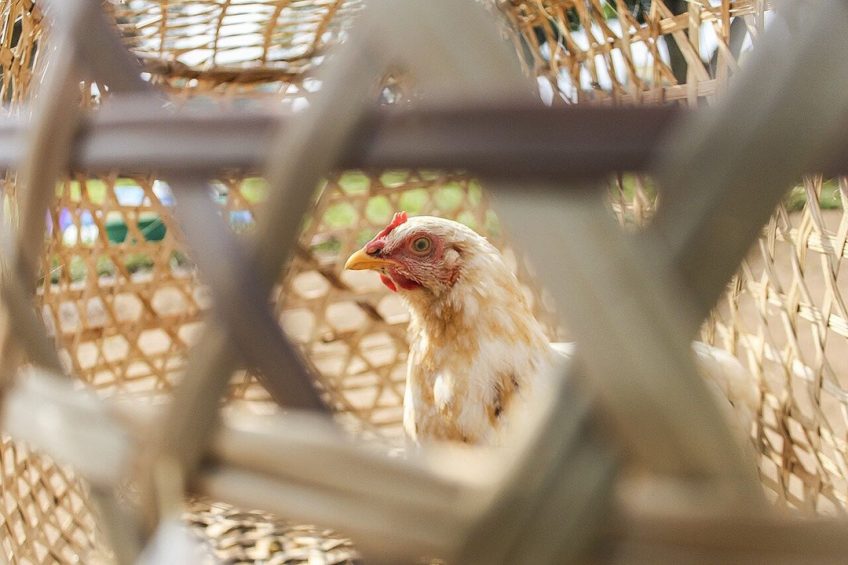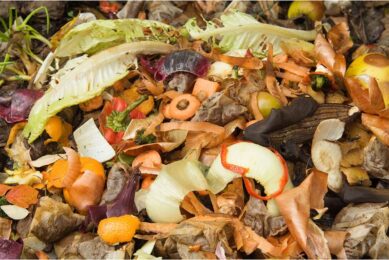Shutdown of Nigeria’s poultry sector anticipated

The poultry industry in Nigeria might be forced into a shutdown by January 2021 if urgent action is not taken by the government to address the high cost of grains, amongst other challenges facing the industry, warned Ezekiel Ibrahim, president of the Poultry Association of Nigeria (PAN).
“The present atmosphere and scenario of things are very alarming and critical,” said Ibrahim, noting that the Covid-19 pandemic and the lockdown that followed resulted in devastating losses suffered by the sector with a restriction of movement of eggs, day-old chicks, poultry feeds, and other essential inputs for poultry production. Many small and medium-sized poultry farms have closed, and billions of Naira have been lost, reports the Premium Times Nigeria.
One of the biggest problems facing the industry is the supply of grains. The price of maize has risen from N85,000 (US$ 223) per tonne in November 2019 to between N145,000 (US$ 380) and N160,000 (US$ 420) per tonne today.
The government supported the industry by releasing 5,000 mt of maize at subsidised prices in anticipation of the price of maize falling or at least stabilizing during the harvest season.
Soybeans in short supply
Even more worrying is the supply of soybeans in the country. Where available, soybeans are being sold for between N215,000 (US$ 564) and N250,000 (US$ 656) per tonne, according to The Guardian Nigeria. Feed costs have risen by over 75% between March and November 2020. “In March, the price of finished feed sold between N2,650 (US$ 6.95) and N3,000 (US$ 7.87) is now selling between N4,600 (US$ 12.07) and N5,300 (US$ 13.90) per 25kg bag,” said Ibrahim, further advising the government to immediately halt the export of soybeans as well maize. The result, he said, threatens about 5 to 10 million jobs. The GM of Premier Feed Mills, Austin Dalyop, said the quality of Nigerian soybeans, being a non-GMO variant, has placed the grain on high demand on the international market. He further attributed the current downturn to the bird flu outbreak that affected many farms at the beginning of the year.
Join 31,000+ subscribers
Subscribe to our newsletter to stay updated about all the need-to-know content in the poultry sector, three times a week. Beheer
Beheer








 WP Admin
WP Admin  Bewerk bericht
Bewerk bericht